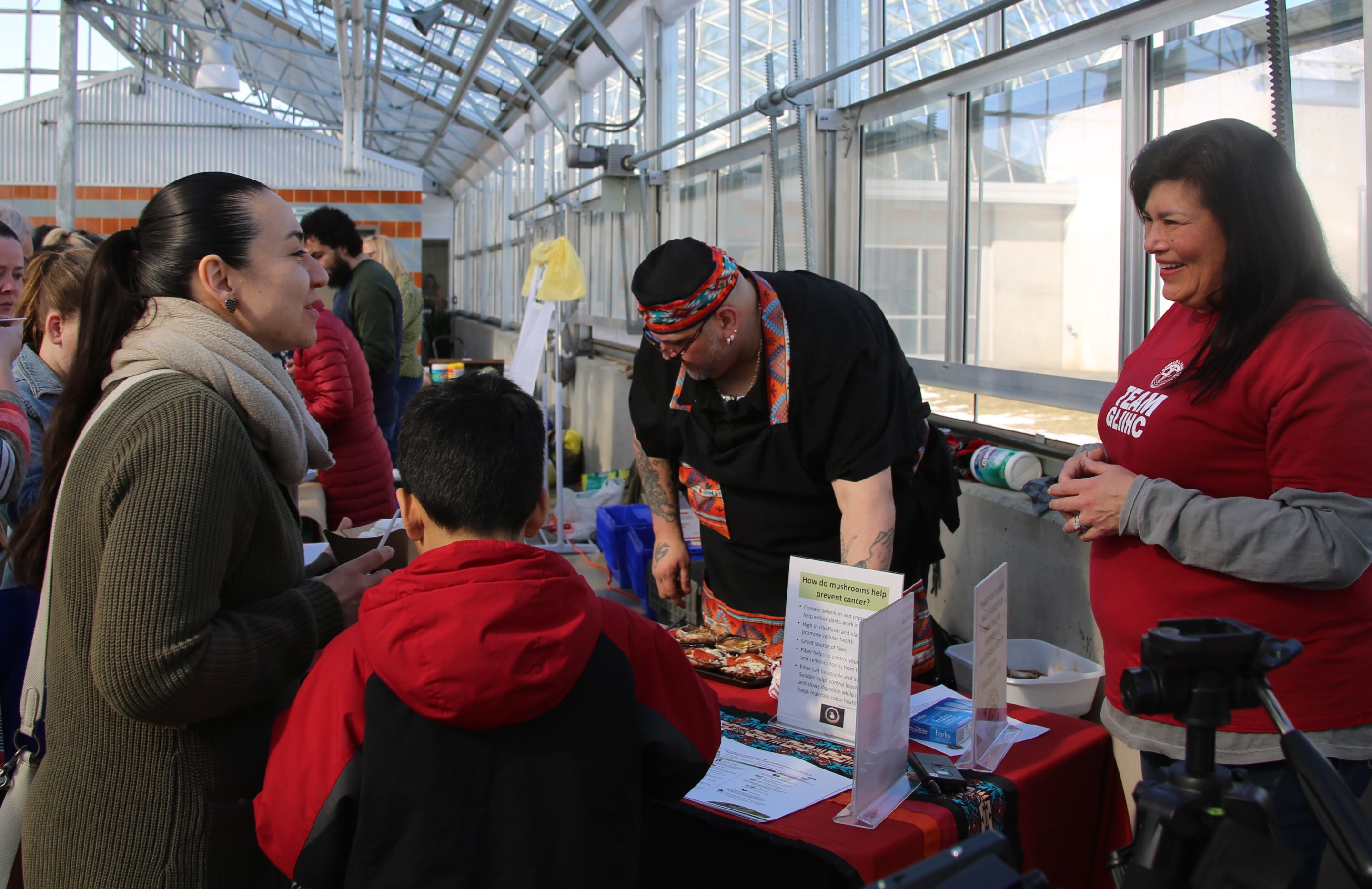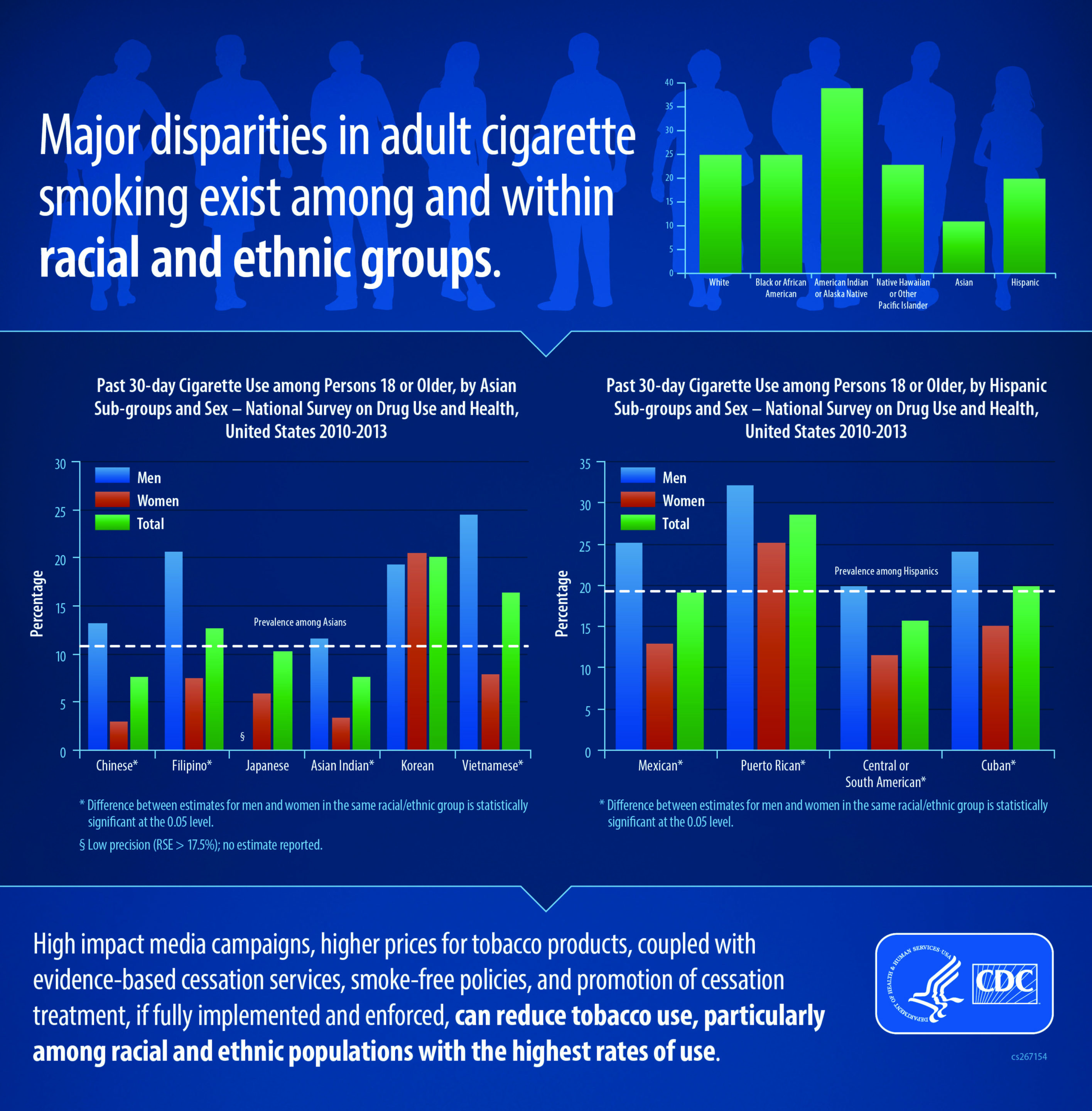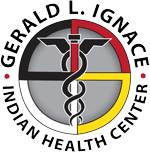
With CDC grant, GLIIHC Strives for Prevention in Four Key Areas
Lisa Albright has a message for Urban Milwaukee Native Americans: “Having diabetes doesn’t have to be a death sentence.”
Albright, Community Health Outreach Coordinator for the Gerald L. Ignace Indian Health Center (GLIIHC), said she recently had a conversation with an elder who said she “didn’t realize” diabetes could be prevented” and controlled through diet and self-management programs.
“She said ‘f I would have known I could have prevented it I would have,’” Albright recalled. “She told me ‘I thought it was my destiny because my mother died from the disease and so did my grandmother.’”
“She died a few weeks after our conversation. That was difficult,” Albright said.
Discussions like this reinforce her commitment to fight heart disease, diabetes and other chronic diseases.
Having diabetes doesn’t have to be a death sentence.
In fact, GLIIHC applied for and obtained a five-year Centers for Disease Control and Prevention grant that will give the clinic the opportunity to focus on four prevention strategies, not only at GLIIHC but throughout the community.
“The focus of this grant is to reduce the rates of death and disability from commercial tobacco use, diabetes, heart disease and stroke and reduce the prevalence of obesity and other chronic diseases,” Albright said. “These are health issues that affect the American Indian community disproportionately when compared to other ethnic groups.”
The CDC grant will fund Good Health and Wellness programs at GLIIHC and in the community through September of 2023.
Albright said there are four strategies with stated outcomes.
- Nutrition: “We will work with organizations that serve the Native Community in Milwaukee. We will review current nutrition policies that are in place, help draft new nutrition policies and assist with implementation of new nutrition standards and strategies into their programming.”
- Smoking cessation: “We will offer opportunities to patents interested in quitting smoking, including a reduced cost of Nicotine Replacement Therapies. We will work with the Wisconsin Native American Tobacco Network, Milwaukee Tobacco Free Alliance, along with African American, Hispanic, and Poverty Tobacco Free alliances.”
- Preventing or reversing pre-diabetes: “We need to begin raising awareness that pre-diabetes is a serious health concern and can be reversed. Our goal is to reduce the incidents of Type 2 diabetes,” she said.”
- Preventing/Managing high blood pressure (HBP)/ or high blood cholesterol (HBC): “We will engage Community Health Workers as members of a chronic disease management team and refer community members with or at risk of developing HBP/HBC to self-management programs. There will be separate programs and we will determine the protocol for referring those diagnosed HBP/HBC, identifying and developing self-management programs.

I am happy that we have the opportunity to do this kind of work in our community.
Each of the four strategies have stated 5-year outcomes and include working with a network of organizations in the state and Milwaukee, Albright said.
“Screenings are a big component of GLIIHC programs and the clinic culture,” she said, emphasizing that “Diet plays a big role and self-management programs do work.”
Albright is not daunted by task at hand.
“I am happy that we have the opportunity to do this kind of work in our community. It is needed,” she said.
To make an appointment please call 414-383-9526 and for more information on smoking cessation through the CDC visit www.cdc.gov
